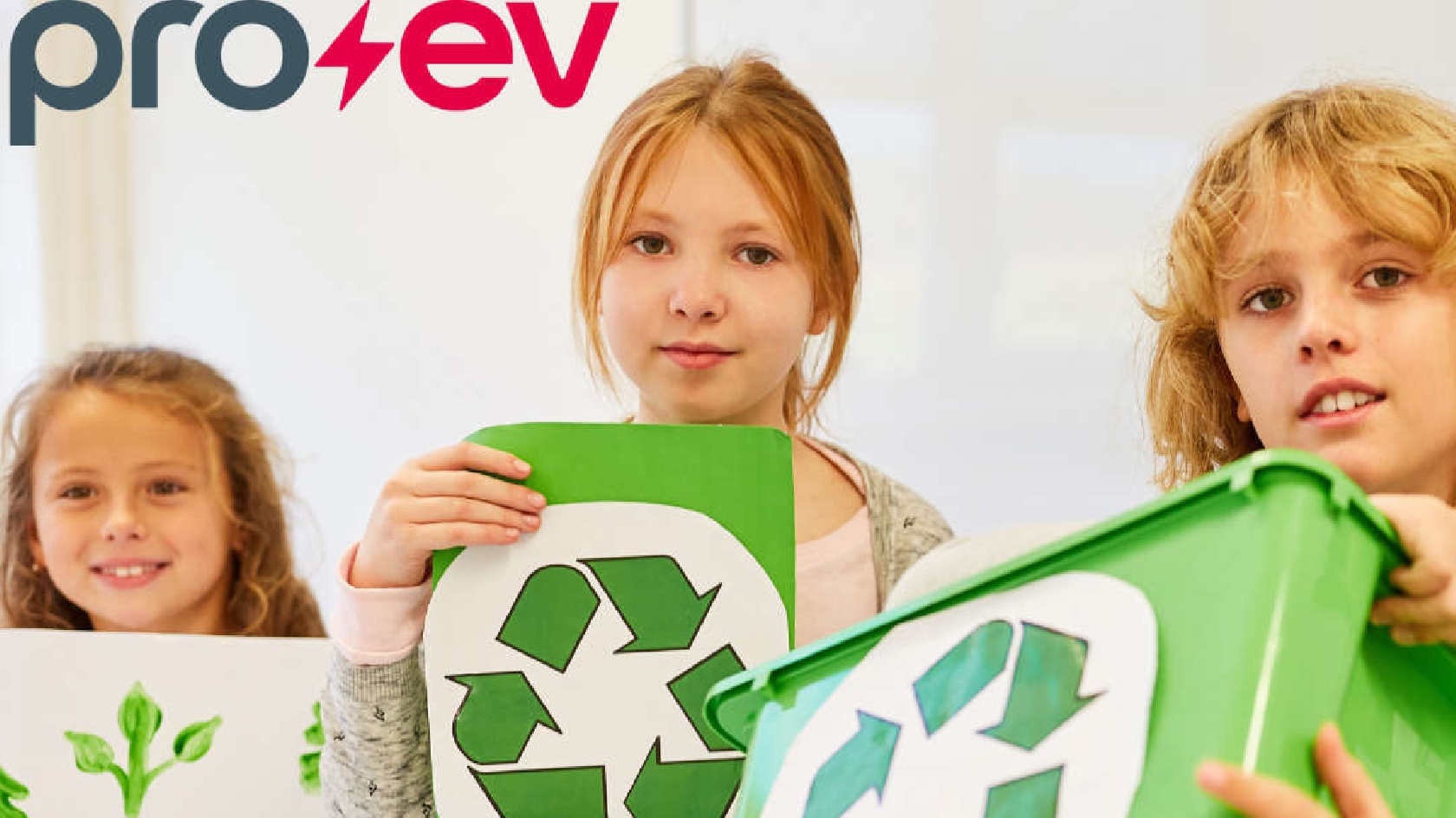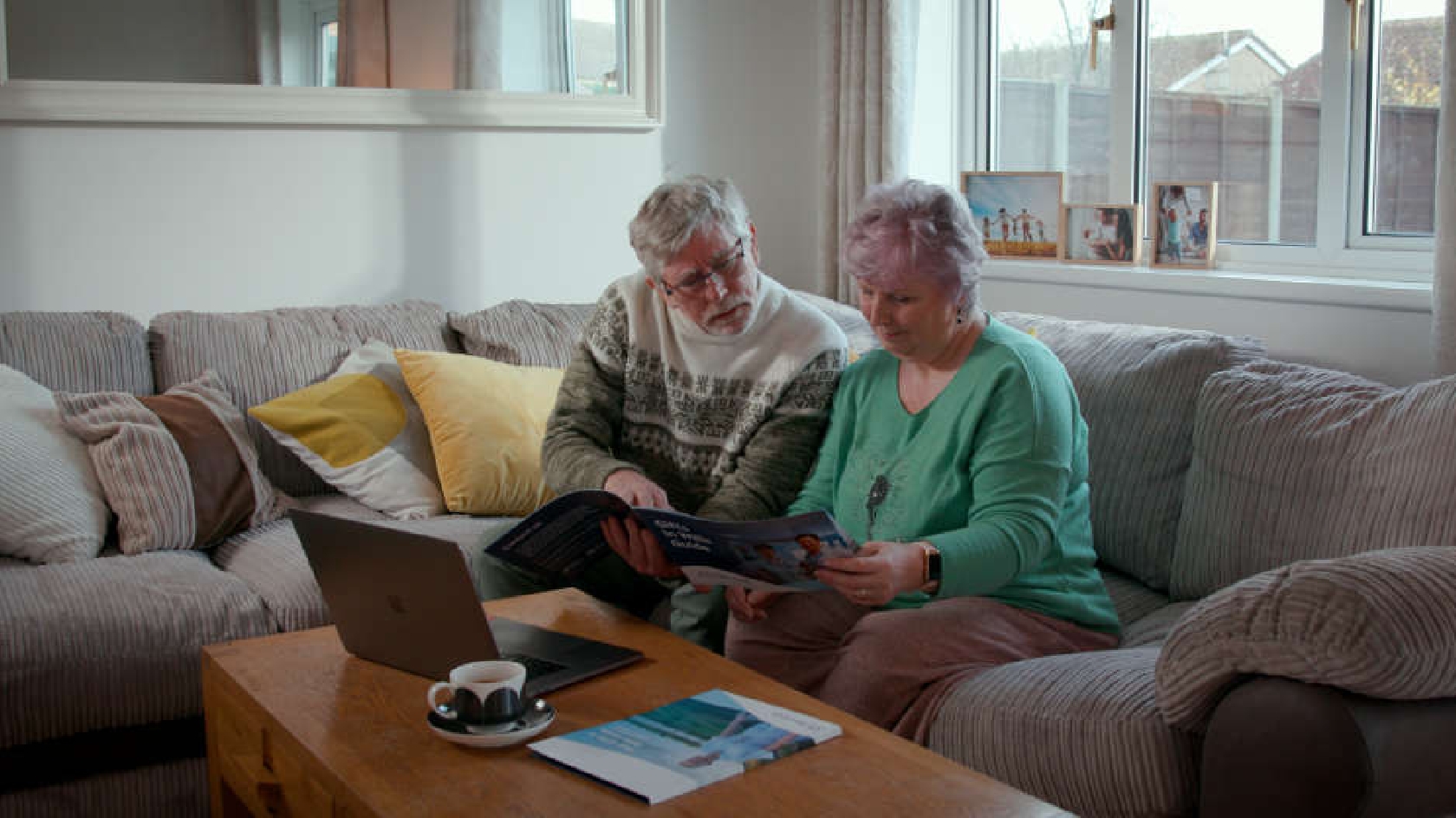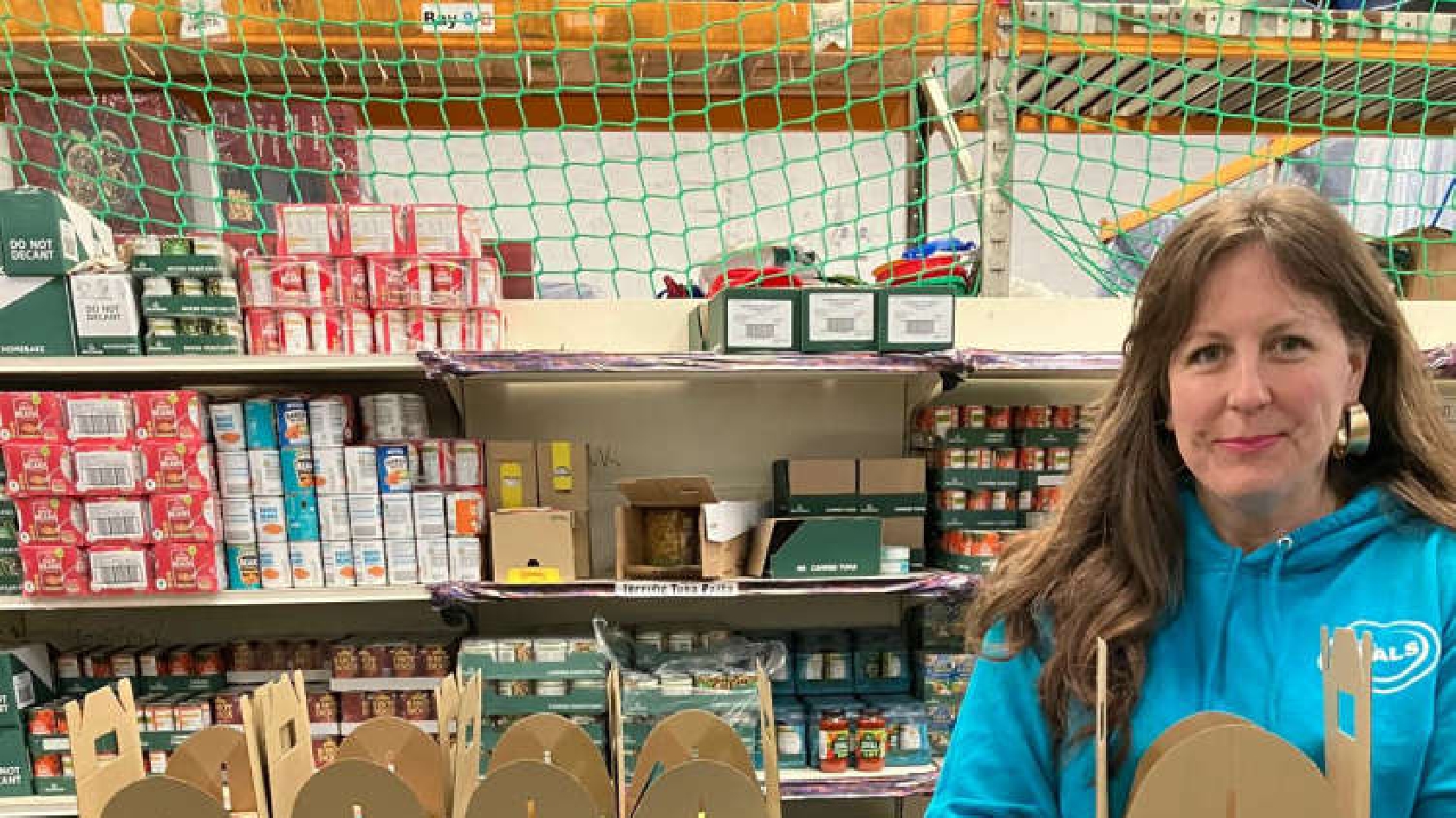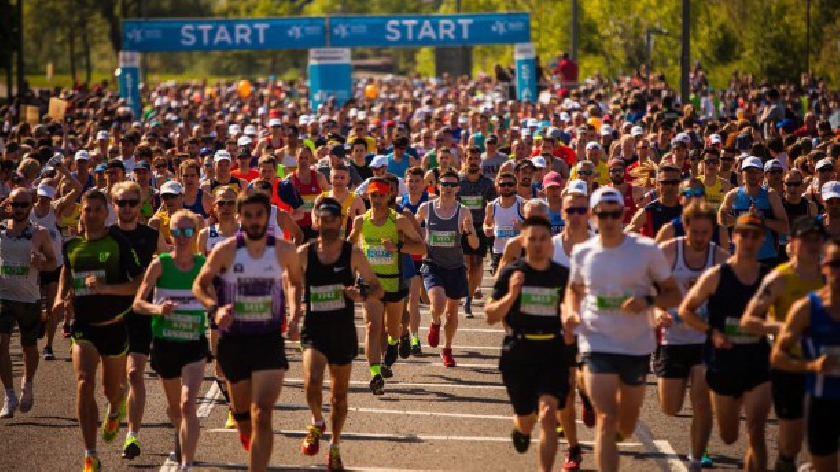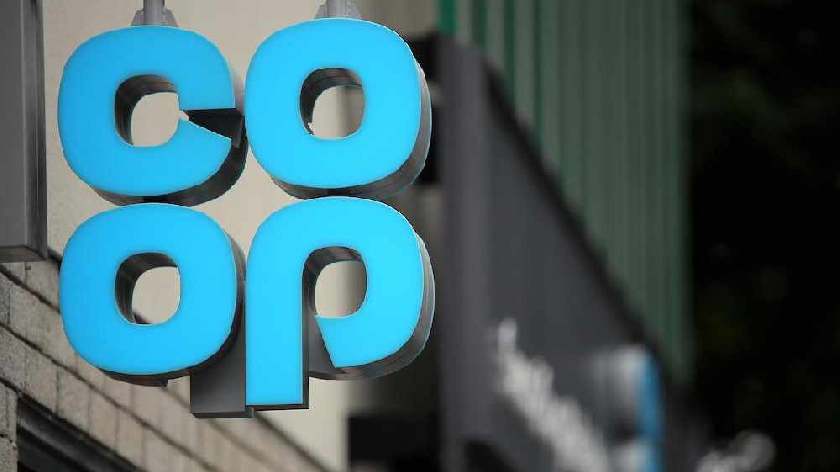
The Co-op is to become the latest supermarket to remove plastic "bags for life" from sale in all of its stores.
The bags will start to disappear from the chain's stores across the city from today, with stock expected to be gone completely by the end of the summer.
It is part of an effort to remove 29.5 million bags for life - or 870 tonnes of plastic - from sale each year.
It comes just weeks after rival Morrisons said it would get rid of plastic "bags for life", in favour of tougher tear-resistant paper bags.
Jo Whitfield, chief executive of Co-op Food, said: "Increased use of bags for life has led to a sharp rise in plastic use.
"With over 1.5 billion bags sold each year by retailers, this remains a massive issue for our industry as many shoppers are regularly buying so-called bags for life to use just once and it's leading to a major hike in the amount of plastic being produced."
Greenpeace data suggests that supermarkets distributed more than 1.5 billion bags for life in 2019 - a total of 44,913 tonnes of plastic and a 56% increase on the previous year.
More plastic is needed to produce bags for life than conventional single-use bags.
Meanwhile, the cost of single-use plastic bags will double to 10p in England next month and, while the Co-op has welcomed this, it says greater transparency is needed to track the impact of the carrier bag levy.
Ms Whitfield said: "We believe that it should be mandatory for all retailers to report on the sales of all of their reusable bags, not just single-use bags.
"Right now, Co-op is the only major retailer to report on all of the bags it sells. This policy would enable a fuller understanding on the impact of the levy and its true effect on shopping behaviours when customers are making decisions at the tills."
Helen Bird, strategic engagement manager at waste and resources body Wrap, said: "All bags, regardless of the material they are made from, impact on the environment.
"The most important thing to reduce this impact is reuse. Just as we all now carry a mask about ourselves, we should be doing the same with shopping bags.
"Supermarkets have a responsibility to incentivise this and we would like to see transparent reporting on all types of shopping bags - whether they are made of traditional plastic, compostable plastic or paper."
Article by Sky News


